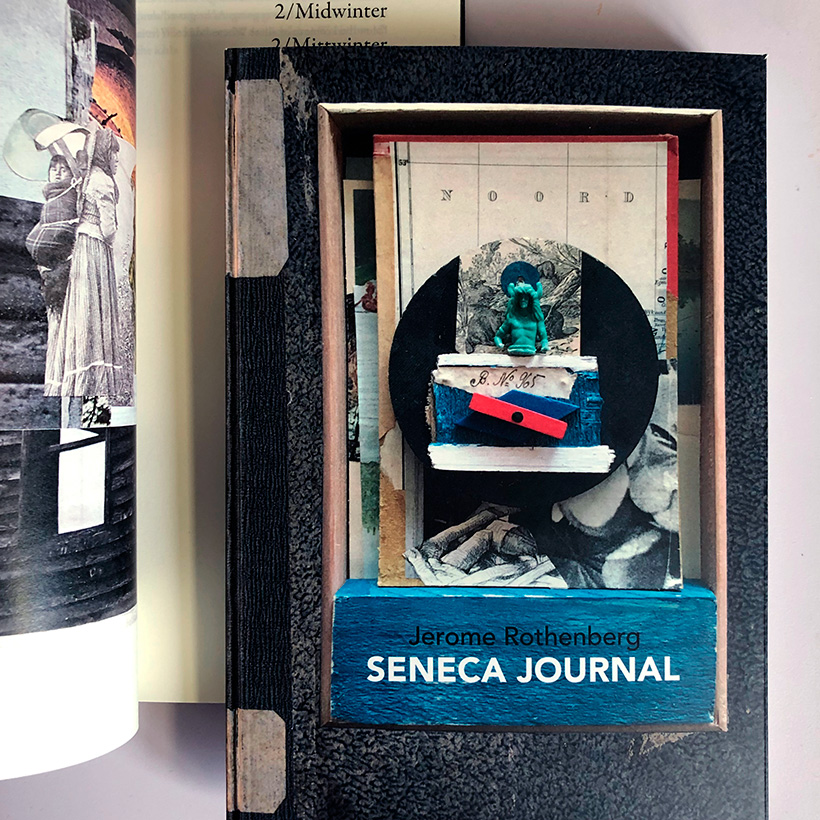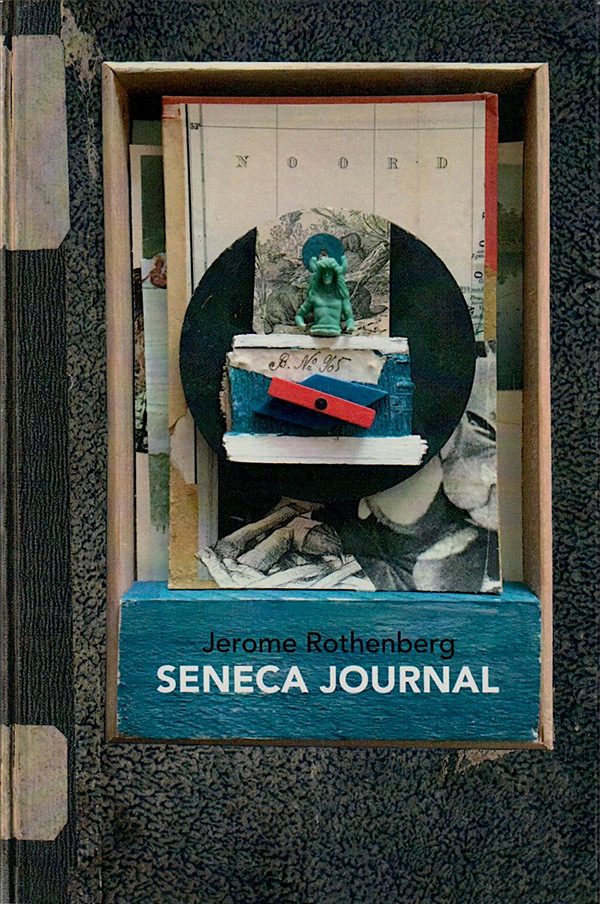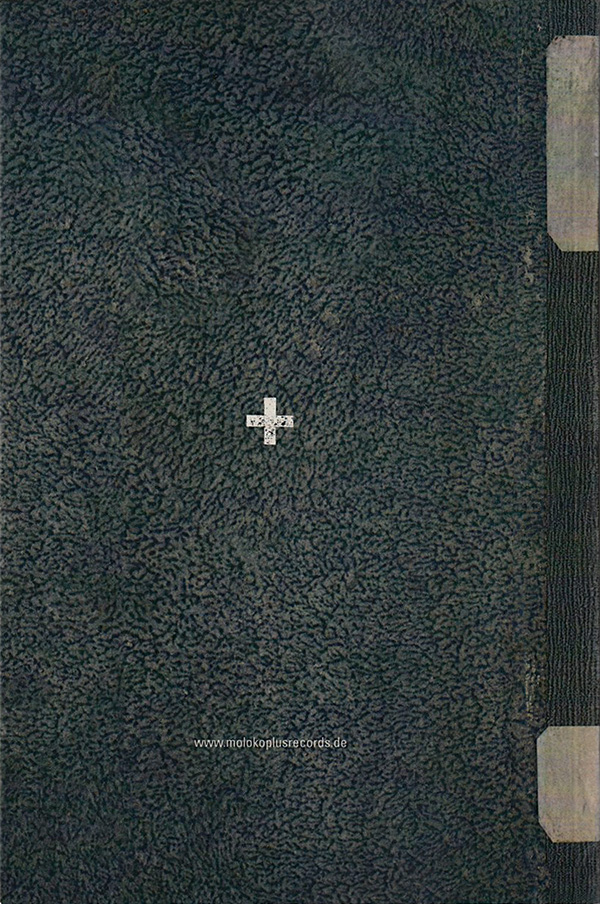Jerome Rothenberg was born into a Polish-Jewish family in New York City in 1931. He studied at the City College of New York and received a Master’s Degree in Literature from the University of Michigan in 1953. After his return from military service in Germany, Rothenberg resumed his studies at Columbia University, from which he graduated in 1959. His publishing career began in the late 1950s when he translated Paul Celan and Günter Grass and other German poets for City Lights Books, founded several literary magazines and his own Hawk’s Well Press, which published Rothenberg’s first compilation of poems White Sun Black Sun in 1960. He used the term deep image for his poetry of that period and published eight more compilations plus an anthology of traditional and modern poetry in the course of the 1960s. Rothenberg taught at the State University of New York and the University of California, San Diego, where he has lived since the 1970s, and has published fifteen books of his own poetry as well as translations of poetry by European spearheads of the avant-garde such as Nezval, Lorca, Schwitters and Picasso since 1990. In 2008 a selection of his critical essays was publised under the title Poetics & Polemics 1980-2005. Rothenberg died in Encinitas, California in 2024.
 Technicians of the Sacred (1968) marked the beginning of Rothenberg’s ethnopoetics which, apart from folk songs, included visual poetry, sound poetry and ritualistic chants and texts. Rothenberg edited further ethnopoetic anthologies in the 1970s and 1980s, which he described as “assemblages or pulling together of poems & people & ideas about poetry (& much else) in the words of others and in my own words.” Inspired by his own ethnopoetic anthologies, he built in the 1970s and in the following decades an ancestral poetry of his own: “a world of Jewish mystics, thieves, & madmen”, as he described it. Furthermore he explored and translated native American themes and poetry in so-called total translations, which formed the core of his poetry performances and collaborations with various avant-garde musicians and composers.
Technicians of the Sacred (1968) marked the beginning of Rothenberg’s ethnopoetics which, apart from folk songs, included visual poetry, sound poetry and ritualistic chants and texts. Rothenberg edited further ethnopoetic anthologies in the 1970s and 1980s, which he described as “assemblages or pulling together of poems & people & ideas about poetry (& much else) in the words of others and in my own words.” Inspired by his own ethnopoetic anthologies, he built in the 1970s and in the following decades an ancestral poetry of his own: “a world of Jewish mystics, thieves, & madmen”, as he described it. Furthermore he explored and translated native American themes and poetry in so-called total translations, which formed the core of his poetry performances and collaborations with various avant-garde musicians and composers.
Seneca Journal (1978) is one of Rothenberg’s ethnopoetic explorations. The Seneca, one of the six tribes of the Iroquois confederacy, accepted the Rothenbergs into their community in Salamanca, New York State during one of their ethnological and poetic studies in the 1970s. In his journal of the period Rothenberg, adopted by the Seneca Beaver clan as one of their own, draws parallels between the fate of his Jewish ancestors in Eastern Europe and the ethnic cleansing and genocide that the Seneca suffered and documented in their myths and stories. Moloko Plus has published Rothenberg’s classic Seneca Journal as a fine bilingual English-German edition with translations by Barbara Felicitas Tax and Norbert Lange and artwork by Susanna Lakner.


